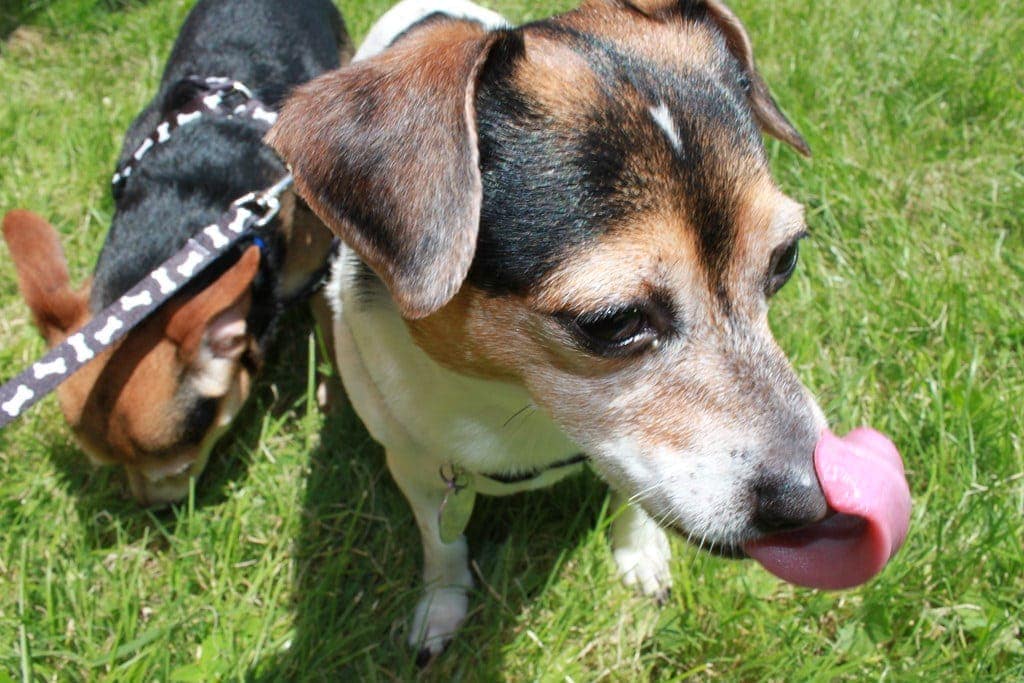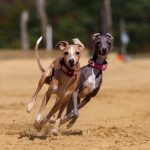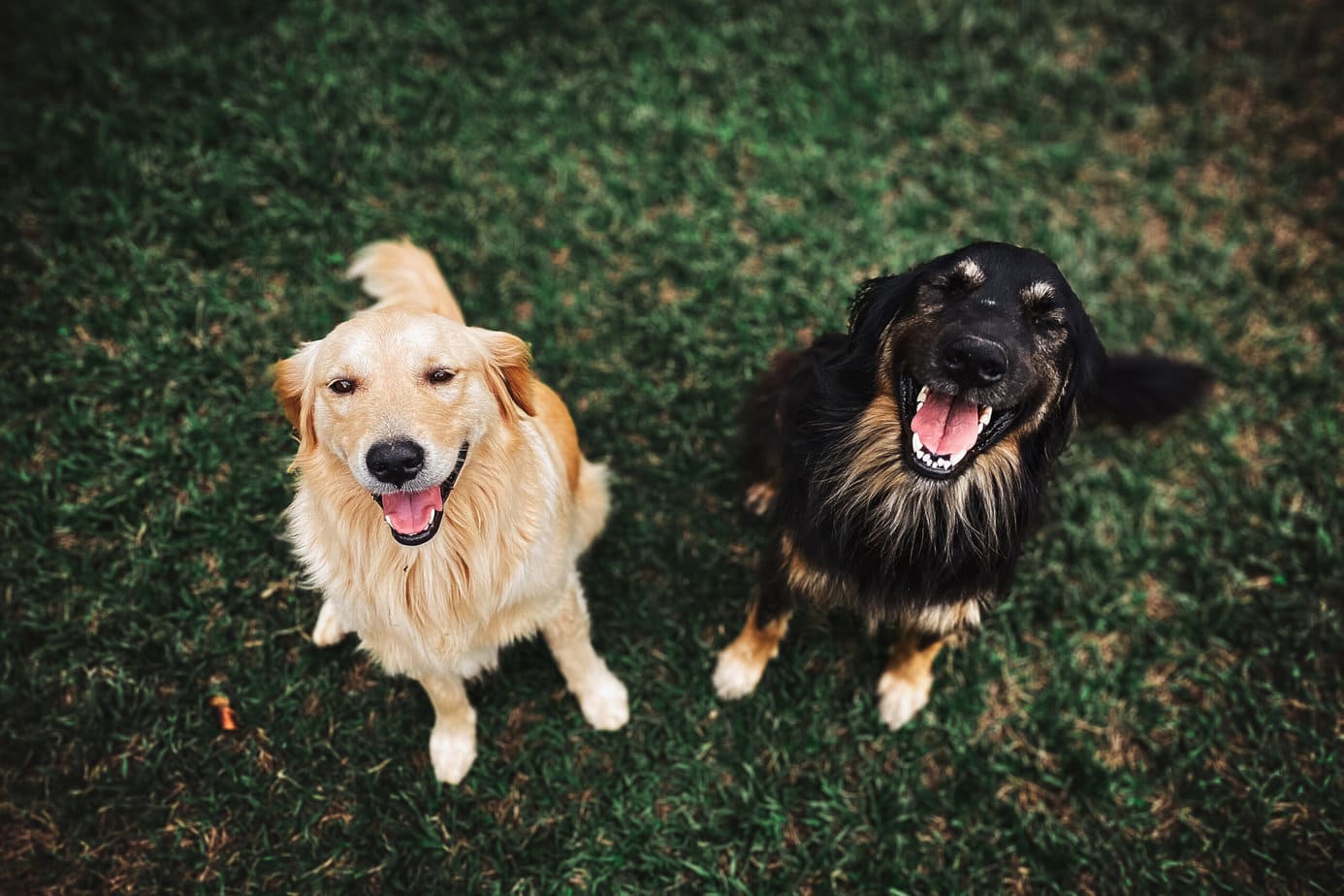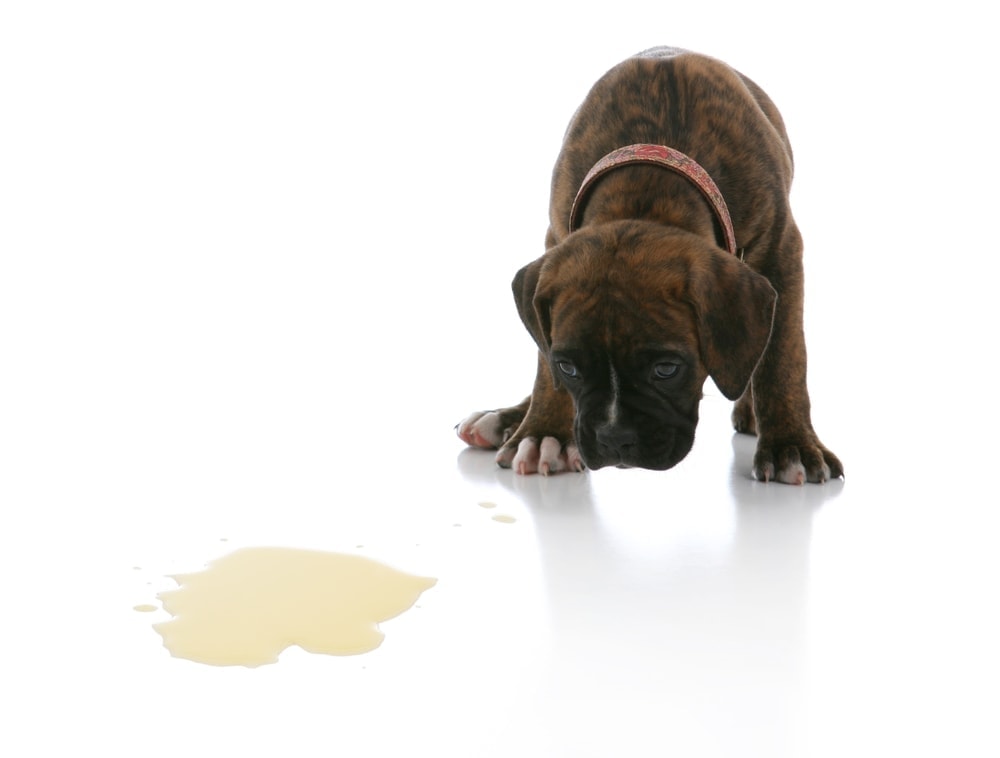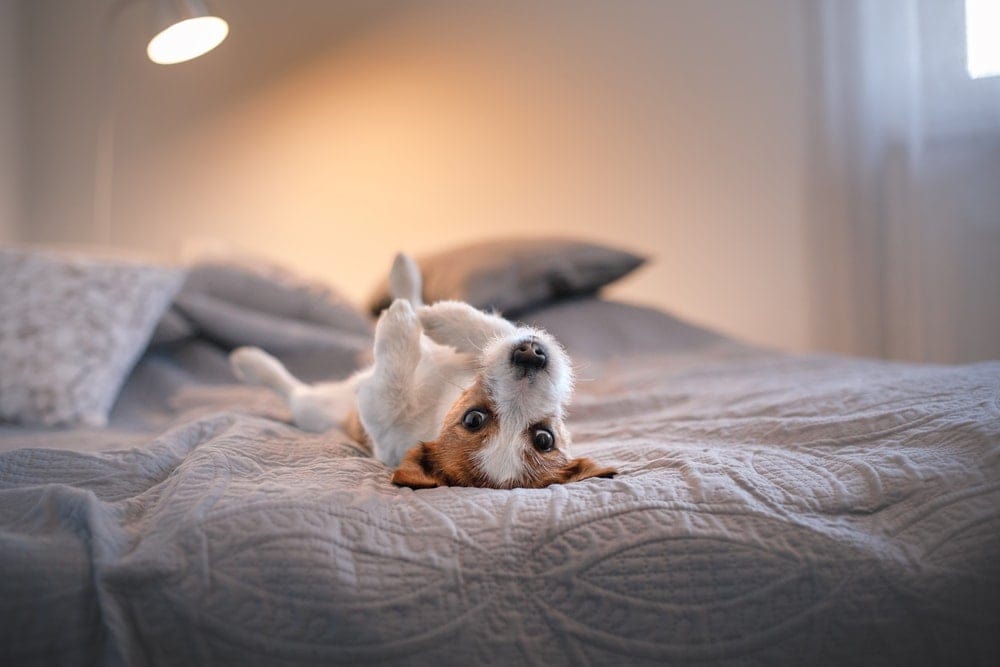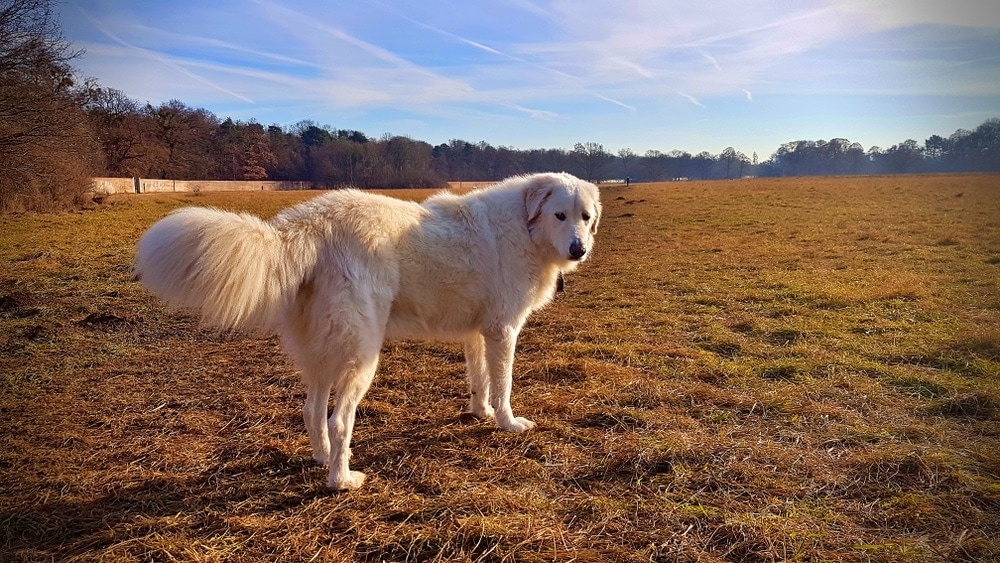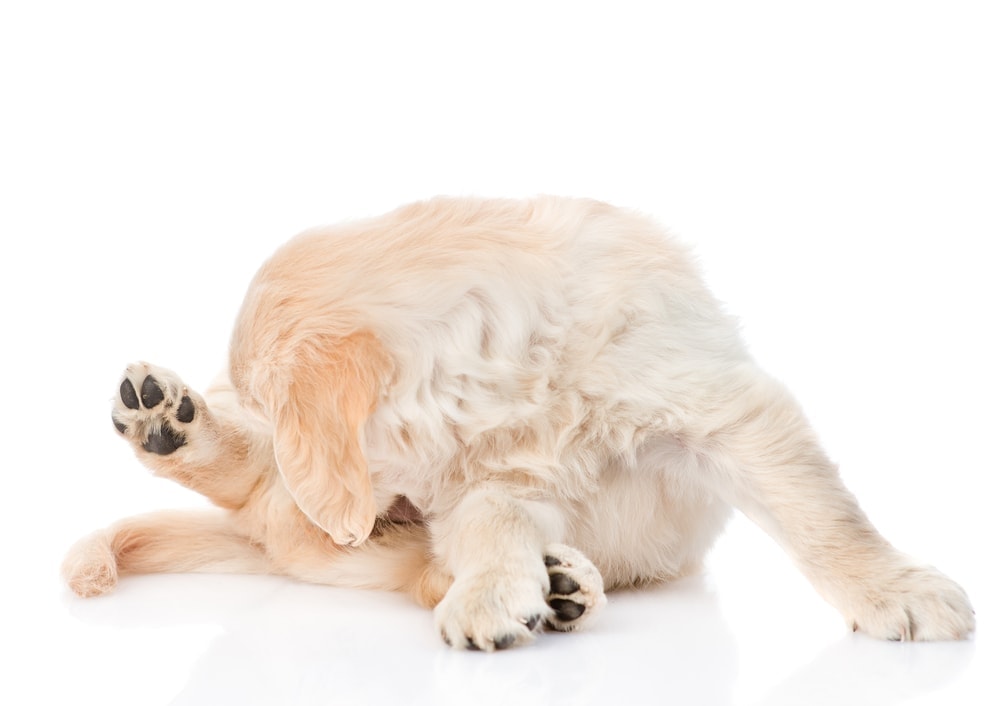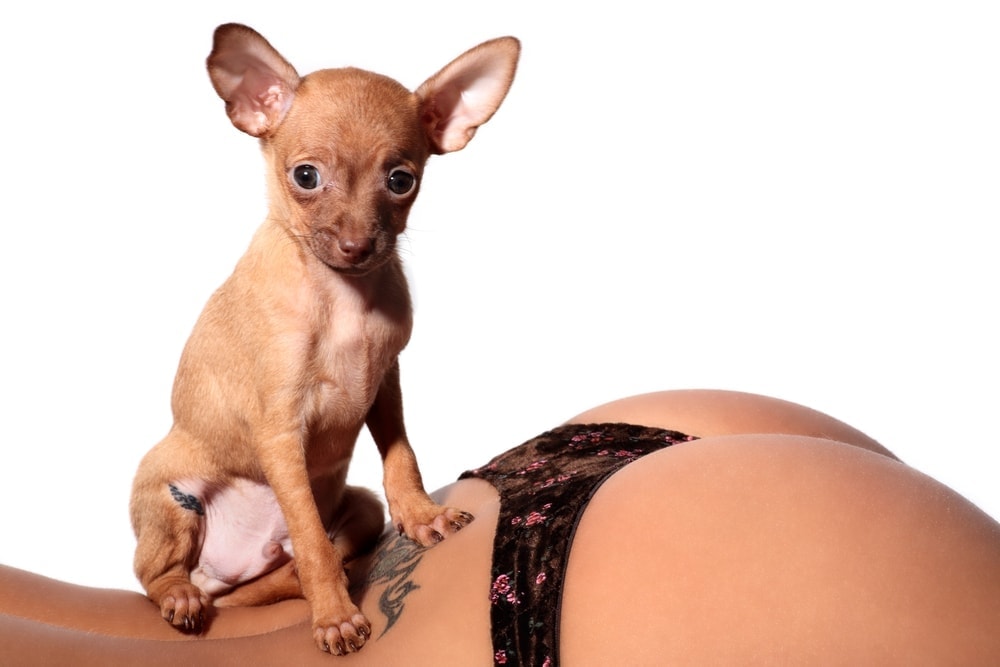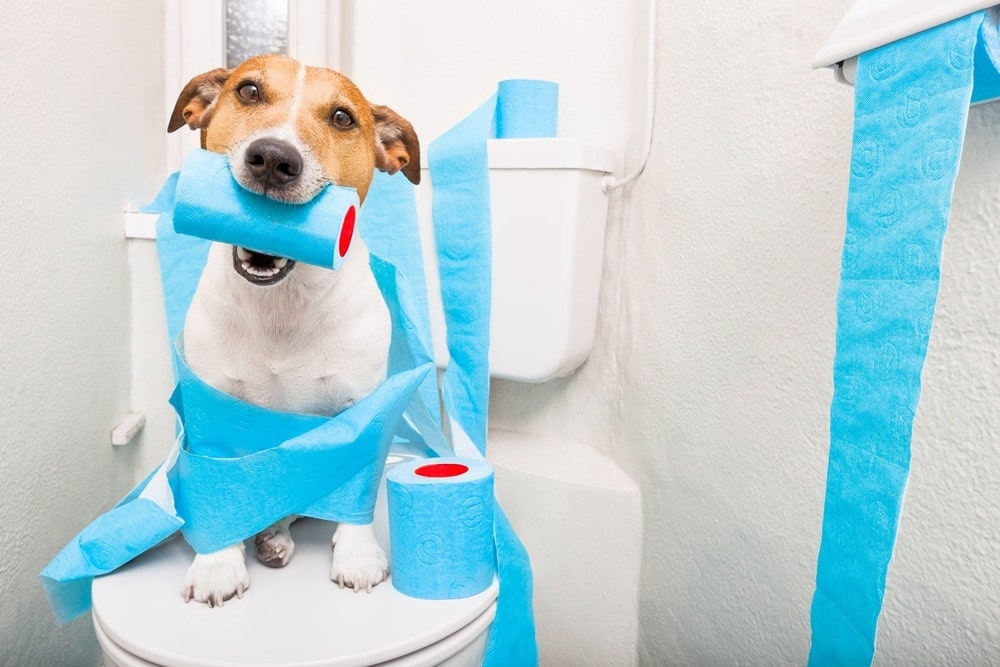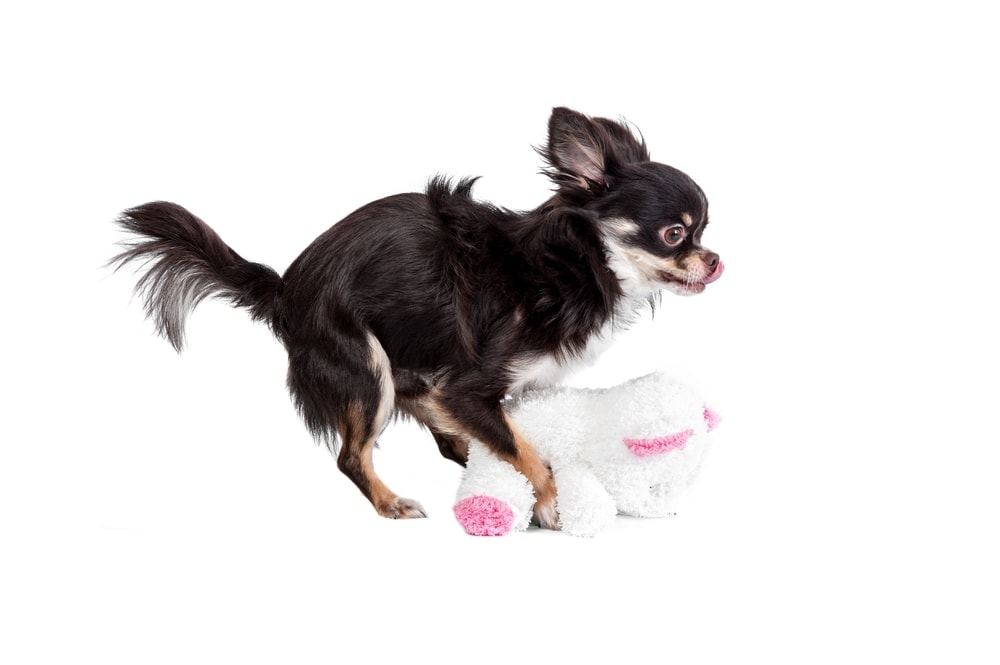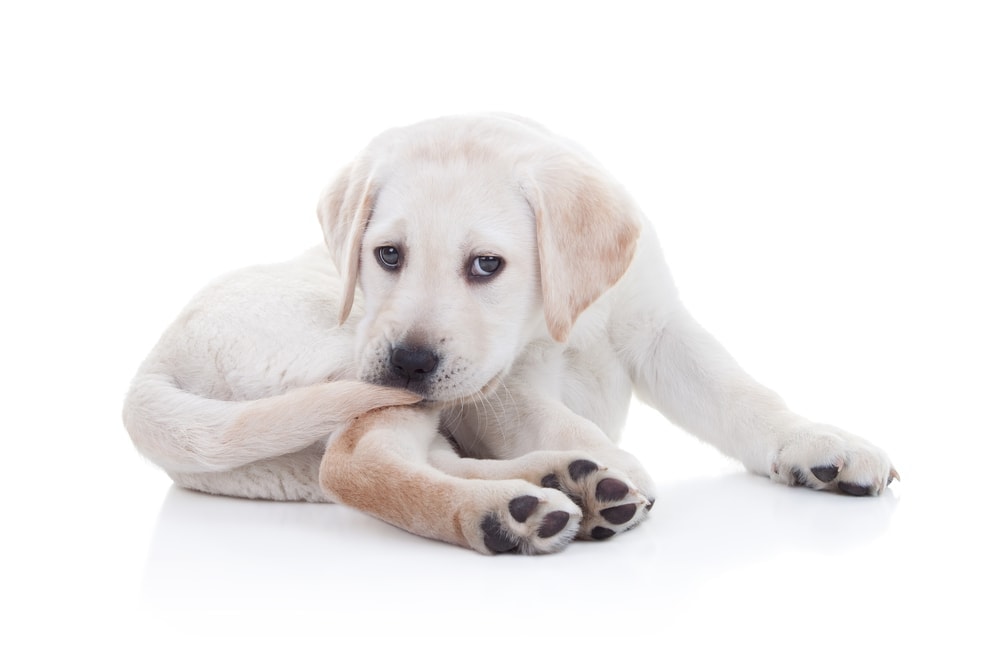So much often, we see our dogs performing quirky, strange gigs and cannot help being amused!
There are times when they are playing to the gallery thoroughly, enjoying the attention that they are getting. But there can be specific actions that can raise a red flag. Here is one such.
A dog licking the air can be a cute sight. I have often wondered what kind of stuff it is licking off its mouth and nose. This licking of air is way different from what he does when he has finished his grub or even when he is anxious or nervous. The gesture can clearly be understood as sticking his tongue out of his mouth and trying to lick away some imaginary liquid from the air.
Cut to the point; I did find it cute the first few times that I noticed.
But over some time, it struck me that he was doing it way too often and at closer intervals with time-lapse. So, I decided to read up a bit and also noted down in the vaccination record book to ask the vet next time I was there for an appointment with him.
Here is what I unearthed with some intense research from the books that I own and after talking to a few of my dog lover friends and relatives.
1. Something that is stuck in its mouth:
Toothpicks can be handy and dextrous for us humans when something gets stuck between our teeth, and then we have the convenience of flossing without hands. But of course, our canine friends will have to do with their tongues. A lot of times, the doggie is trying to get the stuck food or non-food thing out from between its teeth or is licking the food that has coated his teeth and mouth.
It is evident that if something is stuck, the action of licking the air will stop in some time as soon as it is out.
What you can do:
If the dog exhibits licking the air gesture, do a thorough examination of its mouth to see if anything is stuck inside his teeth that need emergency professional help. Take it to the vet if there is a need to without much procrastination.
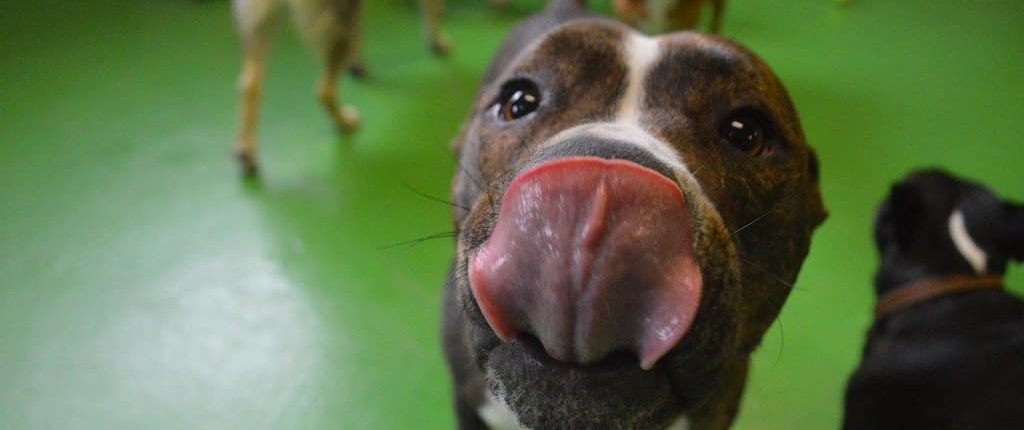
2. It could be because he is stressed.
Licking the tongue way too often and for more extended periods can be because it has become stress-induced obsessive-compulsive disorder in him. Now the OCD can be challenging to treat but take heart; it is not impossible. The treatment course will be a combination of behavior modification and theory, and medication.
How does stress play a role?
Animal behaviorists vouch that licking of air behavior releases endorphins in the canine’s brain. This generally starts when the pooch is stressed or worked up, for instance, when there is a lot of noise or when guests come over.
Over some time, with repetition of this habit, it turns into a chronic response to such stressful situations, and in the course of time, it becomes a compulsive behavior.
What you can do:
Maintain a journal and note down the triggers that make it lick the air. Also, note down the external factors that you think are peculiarly for the beginning of the behavior, also noting down the time it started along with how long it lasted. Carry the journal to the vet the next time and do get his opinion on it. You could take a phone video of him if it helps the vet understand the problem.
The best time to correct such obsessive behavior is to catch it at the earliest. There is no need to panic. It is an entirely treatable condition.
3. It could be an asymptomatic gastrointestinal problem:
Acute pancreatitis and acid reflux in dogs can be an issue that a lot of dogs are battling. Because they cannot vocally complain, this is the easiest way to allay their discomfort. According to my vet, about 60 percent of dogs with GI troubles lick the air. The statistics are all revealing.
Treatment and timely one is sine quo non for the dogs. In some dogs, licking the air is a way to cope with nausea.
What you can do:
If you notice a decrease in the dog’s appetite, try touching its abdomen. If it is uncomfortable letting you feel it, you can suspect GI immediately. Additional symptoms can be vomiting and diarrhea. Take him to the vet as soon as possible. GI in dogs is very common, but it is dishearteningly true that it can go most unnoticed till it is in its very advanced stage.
Gran mal seizures we all agree are dangerously scary. It is when the dog can lose control over his entire body, begin twitching on its sides, paddling his feet and foaming at his mouth. But there is yet again something called partial seizures that are not so dramatic and perhaps not so scary nevertheless call for urgent medical help.
Now because they are not so dramatic, they can be hard to identify. Research points to the fact that most of the dogs that are later diagnosed with patients of partial seizures lick the air.
Seizure diagnosis is hard for animals:
Can you even imagine your doggie sitting in one place with all the wires sticking out of his body? It can be a challenging task to understand if he has had seizures or not.
What you can do:
Shoot a video of your dog when it licks the air. Note down the time and the duration of the activity. This will help the vet on his diagnosis.
The final word
Occasional licking the air is fine. It is a way of expression for your dog. The panic button should be pressed only when it becomes a little prolonged and intense with time.
If you think that the dog needs to see the vet, go ahead, and schedule an appointment. It will help both of you get back your peace of mind. Thanks for staying with me.
